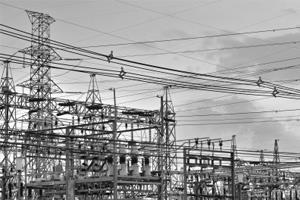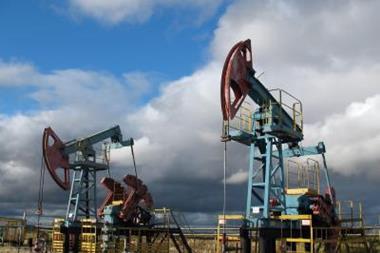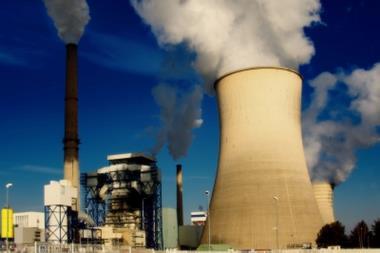Operating in more technically challenging physical environments tops list of concerns

Operating in more technically challenging physical environments is the biggest concern for executives in the natural resources industry, Willis Towers Watson has found.
This is followed by currency and interest rate fluctuations, and increased cyber security and data privacy risks. Natural disasters and epidemics, technology that opens up the marketplace to disruptors and vulnerability to reclamation obligations ranked fourth, fifth and sixth respectively.
Other risks in the top ten were the increasing complexity of regulation (ranked #7), a general shortage of industry-specific skills (ranked #8), a difficulty attracting and retaining key talent (ranked #9) and the uncertainty over, and the encroachment of, climate change and environmental policy (ranked #10).
Willis Towers Watson complied its Natural Resources Risk Index 2016 by using responses from 350 C-suite executives across the natural resources industry – including oil, gas and chemicals, power and utilities and metals and mining – to rank 50 risks in accordance with their impact and how difficult each one is to manage.
The global research found marked differences between how natural resources organisations in different regions of the world view risk, with the number one perceived risk varying significantly across the globe. North American natural resource leaders are preoccupied by increased cyber-security and data privacy risks. In Europe, the risk posed by operating in more technically challenging physical environments was highlighted as the principle concern in the minds of respondents. In South America uncertainty over climate change and environmental policy was the top concern.
Nick Dussuyer, head of natural resources at Willis Towers Watson, said: “Expanding into new, more demanding areas without overexposing businesses to risk is a top challenge for today’s executives. Unearthing new stores of natural resources has become an increasingly challenging task. It requires producers to adapt to ever more demanding environments and technically complex projects during a period when the pressure to generate returns and provide the highest possible operational efficiency is greater than ever. The cost of getting things wrong is also at an unprecedented high.”
He added: “Despite these challenges, the companies that are best at maintaining cost discipline, driving efficiencies and adapting to change will be positioned to grow market share and build competitive advantage. Given the cyclical nature of the industry, anticipating and managing the key organisational and people risks now and taking considered risks that hold potential for reward will be key to unlocking future potential.”




















No comments yet